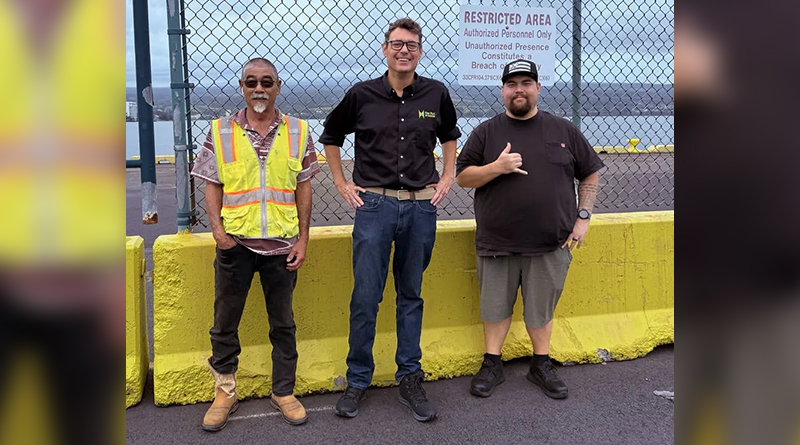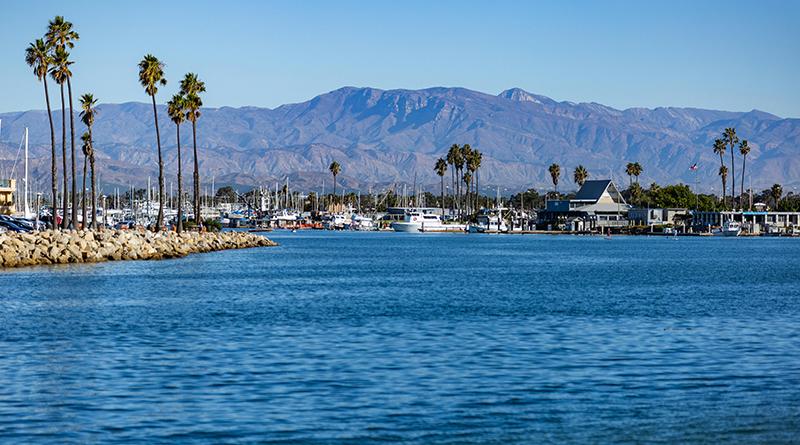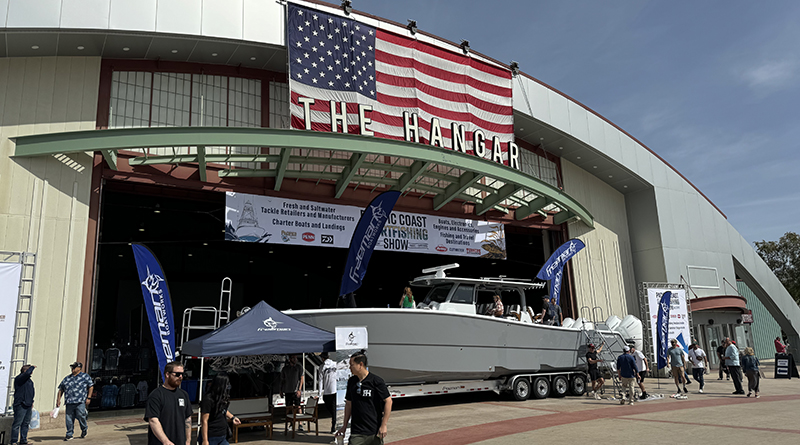Question:
I am an active yacht racer in California, and I was involved a collision with another boat during a regatta earlier this summer. The other boat hit us pretty hard, but they suffered only a small amount of damage. My boat was significantly damaged with a huge hole in the side of the boat. Luckily no one was injured. I had the right of way, but the other boat claimed that I failed to avoid a collision and we both filed protests after the race. After reviewing the evidence and hearing witness testimony, the protest committee ruled against both boats and we were both disqualified from the race. I have been advised that since each boat was found by the protest committee to be at fault, we each need to bear the cost to repair our own boat. That’s fine for him, since his boat was barely damaged, but I am looking at thousands of dollars in repairs. What are my legal rights if I take this case to court?
Answer
Yacht racing collisions often lead to interesting questions about the authority of a protest committee and the application of the Racing Rules if the dispute ends up in court. Protest committees are convened by the organizing yacht club for a race or regatta, to resolve disputes that arise between competitors when they file a formal protest. These protests may involve collisions, but they often involve less dramatic encounters for failure to yield the right of way or give a boat room to maneuver or room to round a mark.
Protests are resolved under a collection of rules known as the Racing Rules of Sailing (RRS). These rules are published every four years by the International Sailing Federation, and they are administered in this country by US Sailing and by the organizers of individual races and regattas. Courts in this country have held that when racers participate in a yacht race for which published rules set out the conditions of participation, a private contract results between the participants, which requires them to adhere to those rules.
Among its other provisions, the RRS require competitors to resolve their disputes through a protest committee, and in fact Rule 3 expressly prohibits a participant from taking a dispute to court for the purpose of assigning fault. Courts have therefore held that a protest hearing amounts to a form of binding contractual arbitration to resolve the question of who is at fault in a racing dispute.
Unfortunately, the allocation of fault may not fully resolve a dispute when a collision results in a significant amount of damage, because it does not provide a mechanism for allocating the cost of repairs. RRS Rule 68, as amended in this country by US Sailing, specifically prohibits a protest committee from adjudicating a claim for damages and further provides that such a claim is subject to the jurisdiction of the courts rather than a protest committee. So, it is possible that competitors involved in a collision may end up in court.
When a racing collision dispute leads to a lawsuit, the Court will rely on the findings of the protest committee to determine who was at fault, and then consider new evidence to allocate the cost of repairs or to consider claims for personal injuries. This new evidence may include anything from shipyard bills or estimates to hospital bills of there are injuries, and the evidence often includes testimony from expert witnesses such as marine surveyors or shipyard managers. The Court may then order the party who was found to be at fault by the protest committee to pay the cost of repairs to the other party.
Our reader’s case presents a bit of a twist, since the protest committee found both parties to be at fault for the collision and both boats were disqualified. The fact that both parties suffered the same fate with regard to the race results does not, however, mean that they will each be responsible for the cost of repairs to their own boat.
Maritime law operates under an umbrella of “comparative fault,” where a judge or jury will assign a percentage of responsibility to each party. For a yacht collision case where a protest committee found both parties to be at fault, a court may assign fault on a 50/50 basis to each party. In our reader’s case, that 50 percent factor would then be assigned to the total amount of damage to both boats, collectively. So, if the cost of repairs to our reader’s boat amounted to $10,000.00 and the cost to repair the other boat was $2,000.00, the total repair bill for both boats would be $12,000.00. Each party would then be responsible for half of that amount, or $6,000.00.
Most of these disputes are handled through the insurance companies for the two boats, and as such there is little need for a boat owner to get involved at the level that we have discussed here. Nonetheless, a competitor involved in a significant racing collision should contact an experienced maritime attorney to guide him or her through the process, especially if there are questions of insurance coverage or other legal issues that may cost a competitor real money out of pocket.
David Weil is licensed to practice law in the state of California and as such, some of the information provided in this column may not be applicable in a jurisdiction outside of California. Please note also that no two legal situations are alike, and it is impossible to provide accurate legal advice without knowing all the facts of a particular situation. Therefore, the information provided in this column should not be regarded as individual legal advice, and readers should not act upon this information without seeking the opinion of an attorney in their home state.
David Weil is the managing attorney at Weil & Associates (www.weilmaritime.com) in Seal Beach. He is certified as a Specialist in Admiralty and Maritime Law by the State Bar of California Board of Legal Specialization and a “Proctor in Admiralty” Member of the Maritime Law Association of the United States, an adjunct professor of Admiralty Law, and former legal counsel to the California Yacht Brokers Association. If you have a maritime law question for Weil, he can be contacted at 562-799-5508, through his website at www.weilmaritime.com, or via email at [email protected].






